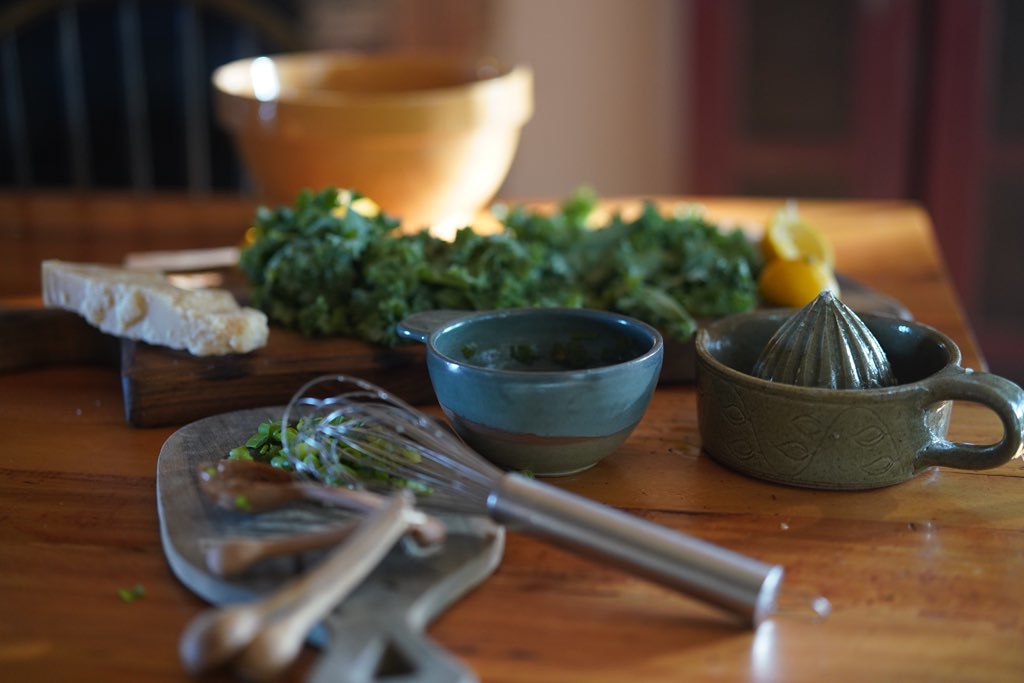I’ve sat beside this woman for years as a a classmate at Wheaton, and she’s been like Jesus to me through some deep valleys and she’s cheered up some steep mountains and Christine Caine is not only a speaker, activist, and best-selling author, she’s a relentless follower of Jesus and disciples the body of Christ all over the world. She and her husband, Nick, founded the anti-human trafficking organization The A21 Campaign, and Chris also founded Propel Women, an initiative that is dedicated to coming alongside women all over the globe to activate their God-given purpose. You can tune into her weekly podcast or television program to be encouraged with the hope of Jesus wherever you are. It’s a wild grace to welcome Christine to the farm’s table today…
Guest Post by Christine Caine– Article adapted from Don’t Look Back, by Christine Caine
Our lives are filled with transitions, some that we anticipate and some that catch us by surprise, but in all of them are opportunities for us to look back and get stuck—or to look ahead and keep moving.
Not every transition is hard, of course. Many of them are easier to move through than others, perhaps because they are things we’ve prayed for, dreamed of, or worked hard for.
But for the transitions we did not pray for, did not hope for, did not desire to ever happen, there needs to be a season of mourning first—mainly because something has died.
But for the transitions we did not pray for, did not hope for, did not desire to ever happen, there needs to be a season of mourning first—mainly because something has died.
What’s more, it’s important to keep in mind that mourning isn’t just reserved for when a person dies; it’s for when anything dies—a dream, a hope, a plan, a goal, a relationship, an expectation. It’s for when anything changes that we weren’t ready for.
In all the transitions I’ve lived through, I’ve learned that just because something has died, God’s promises, plans, and purposes for my life have not. I know there are times when life upends us and we have to accept what we don’t want to accept, but I have found that if we can separate the circumstances we’re facing from God’s overall purpose for our lives, then we can have the hope we need to keep moving forward.
The degree to which we can prepare our heart to go, move on, and keep laying hold of God is the degree to which there is more room for opportunity and resurrection, for renewal and life in the future. If we get stuck there, then perhaps there’s less of a chance that something good can come from a bad situation, or that hope can come from a hopeless situation, or resurrection can come from what looks like a dead situation.









I was nineteen when my father died from cancer. To say that my brothers and I were lost wouldn’t begin to describe it.
My dad was kind and gentle and funny. Where my mother would get worked up about things, Dad was more even keeled. Though we loved him dearly and could have never forgotten him, as time went on, so did we, but in many ways my mother didn’t.
The degree to which we can prepare our heart to go, move on, and keep laying hold of God is the degree to which there is more room for opportunity and resurrection, for renewal and life in the future.
It might have looked like she did from a distance because she did go on with her life, but inside our family we all knew she got stuck in a place where none of us could get her out.
For years, she would not move any of my dad’s things from their bedroom. Because it was like going into a museum, I avoided her room when I could.
If I did go in and try to move anything, she would get visibly upset, as if she was keeping him alive by moving nothing. All we could do was sit back and watch.
As much as we invited her or promised to go with her, she wouldn’t go on and experience new things without Dad. She did show up for most every family party or grandchild’s game or school play, but there were times when it felt like she showed up physically, but mentally and emotionally, she was still living in a past that no longer existed. It hurt to know that she was missing elements of a stunning future full of life and hope with us all.
In the Bible, Jacob responded to the reported loss of Joseph the same way Mum responded to losing my dad.
“Then Jacob tore his clothes, put on sackcloth and mourned for his son many days. All his sons and daughters came to comfort him, but he refused to be comforted. ‘No,’ he said, ‘I will continue to mourn until I join my son in the grave.’” (Genesis 37:34-35 NIV)
Jacob was in a state of perpetual mourning.
At some point in life, when we lose someone we love deeply or something we’ve invested in greatly, we can easily be tempted to do the same. We can get stuck in that place, and unless we purpose to do otherwise, there we will remain.
When we find ourselves in such a place, we need help.









We know from Scripture that the prophet Samuel loved King Saul deeply; after all, he was the first king Samuel ever anointed. But when Saul disobeyed, God set in motion a plan for a new king. Saul grieved deeply, so much so that God asked Samuel, “How long are you going to mourn for Saul, since I have rejected him as king over Israel? Fill your horn with oil and go. I am sending you to Jesse of Bethlehem because I have selected for myself a king from his sons.” (1 Samuel 16:1) God wasn’t asking out of callousness, but out of kindness. He was helping Samuel move on.
He wants us to trust in what we do know and trust him with all that we don’t.
How long are you going to mourn?
It’s a good question, and one we might need to ask ourselves, lest we get stuck looking back. It’s one that I’ve had to ask myself when I’ve had to walk through a transition that I wasn’t ready for: Christine, how long are you going to mourn?
I’m not suggesting that we pretend things never happened, or that we move on and ignore the pain in our hearts. No, not at all.
But I am saying move. Move through the place of perpetual mourning. Move through the past to the future God has for you.
I know there are times when such a suggestion feels impossible; that we can’t possibly accept it’s the end of an era; that it doesn’t seem we could ever stop looking back and start looking ahead; and yet, I believe it is possible, because God doesn’t expect us to do it alone. He wants us to trust in what we do know and trust him with all that we don’t.
He wants us to find it possible in him.
In the hope he is. (Jeremiah 29:11)
In the hope he gives. (Revelation 21:4)
With his presence. (Psalm 34:18)
And through the power he provides. (Psalm 73:26)
Adapted from Christine Caine’s latest book, Don’t Look Back, Getting Unstuck and Moving Forward with Passion and Purpose.

Christine Caine’s latest book, Don’t Look Back, encourages readers to let go of the past and trust God with their future as they move on and into the promises and purposes He has for their life.
We may not know all God’s plans for us. We may not know where we are going, how long it will take us, or what we will encounter along the way, but with the strategies in this book, we can move on from where we are to where God wants us to be.
[ Our humble thanks to Thomas Nelson for their partnership in today’s devotional. ]







